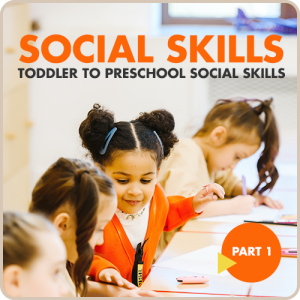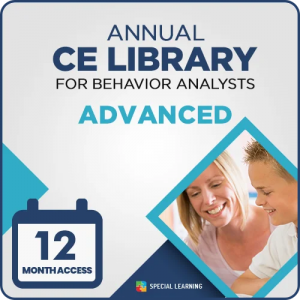Signs of Autism at Infancy
Parents and pediatricians need to be alert to the signs of autism spectrum disorder (ASD or autism) in children, for early diagnosis. Early diagnosis of autism may lead to early intervention, such as the Applied Behavior Analysis (ABA), which significantly benefits children diagnosed with it. Autism involves various behaviors that are difficult to detect and diagnose at an early age. The signs of autism fall into three major categories:
- Social skills
- Language skills
- Behavior skills
Child Responsiveness to Name and Command
Children who do not respond to their names or to simple commands may be indicative of having autism. This sign of autism falls under the category “social skills” and calls for the intervention of a pediatrician for a response evaluation. Not responding or lack of a consistent response to names rules out the presence of other developmental delays and signals for a further diagnosis of autism in infants.
Based on children’s developmental milestones, children at the age of 8–10 months respond consistently whenever their names are called. The most common response exhibited by a child is by turning his head toward the speaker and getting connected. On the other hand, the child with autism usually does not respond to his name and would prompt for a louder call or shoulder tapping by parents before responding. This may raise the question of impaired hearing; a hearing test may confirm or may rule out this possibility in favor of autism. A child with autism responds well to environmental sounds but usually ignores human voices.
Failure to respond or lack of consistent response to name and commands does not warrant autism but is an early red flag indication for further assessment. The evaluation of the response to the name and commands serves as a useful indicator rather than a screening test for autism. This evaluation does not identify all children at risk for autism. A child who responds well to his name and simple commands may still be diagnosed with autism. Pediatricians, after thoroughly questioning parents about the child’s social behavior, should relate their evaluation to autism.
A pediatrician’s evaluation process includes observing the child’s ability to orient socially when called by his name and whether the child looks back and responds. If the child fails to do so, the pediatrician should try again for confirmation. The performance of PDD Assessment Scale Grading and Scoring, with respect to response evaluation, can help in defining the degree of response in numerical terms. According to the Child Neurology and Developmental Center’s PDD Assessment Scale, the response to name is evaluated as:
Question: Ignores when called, pervasive ignoring, not turning head to voice
No: Perfectly normal, never had such a problem.
Resolved: Perfectly normal reaction to call, but formerly met one of the below categories
- Mild: Almost normal reaction to calling of the name, but there is a subtle delay in reaction and a mildly (but clear) noticeable difference from other people
- Moderate: Significant abnormality in reaction to calling, but clearly reacts at times
- Severe: Hardly ever turns when his/her name is called, appears to be deaf, yet when his favorite sound, music, or video plays, even very quietly, there may be an immediate reaction
Lack of such response or inconsistent response is highly suggestive of later developmental problems prompting for early intervention. If the evaluation process is indicative of autism, further assessment of the child is suggested. Other assessment tools, such as ADOS, CARS, and CHAT, can further evaluate the condition for timely diagnosis of autism.
Related Content
Avoidance Of Eye Contact: An Early Sign Of Autism
Reference:
Child Neurology and Developmental Center, www.childbrain.com: PDD Assessment Scale Grading and Scoring, retrieved Ma 22, 2011.
Copyright © by Special Learning Inc. All right reserved.
No part of this article may be reproduced in any manner whatsoever without written permission except in the case of brief quotations embodied in critical articles and reviews. For information, contact Special Learning Inc., at: contact@special-learning.com








